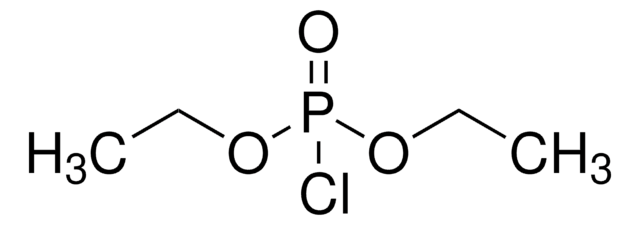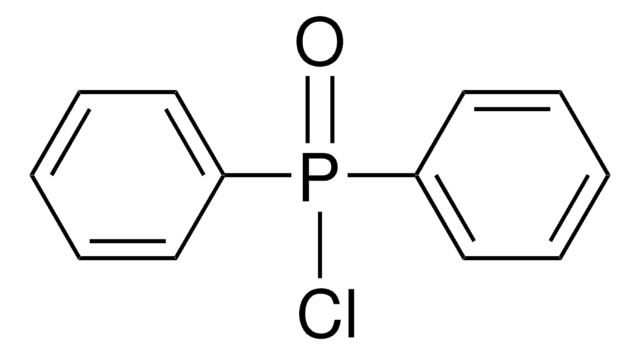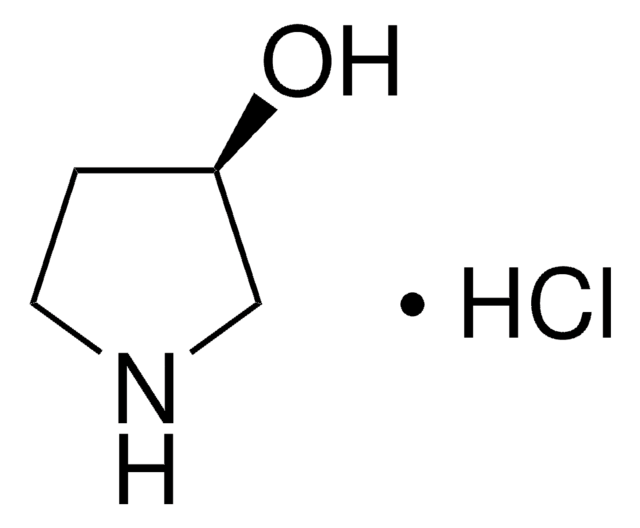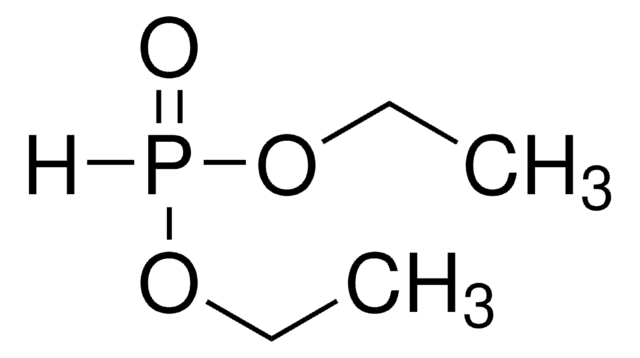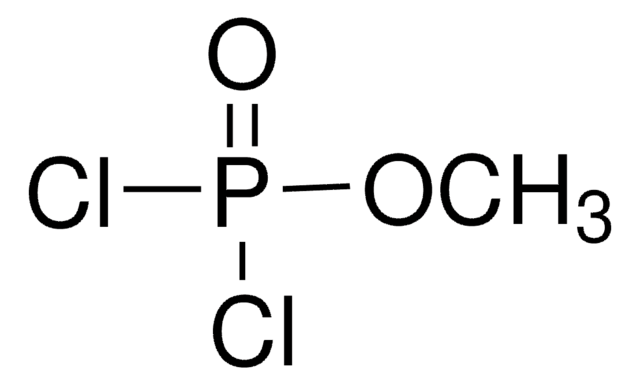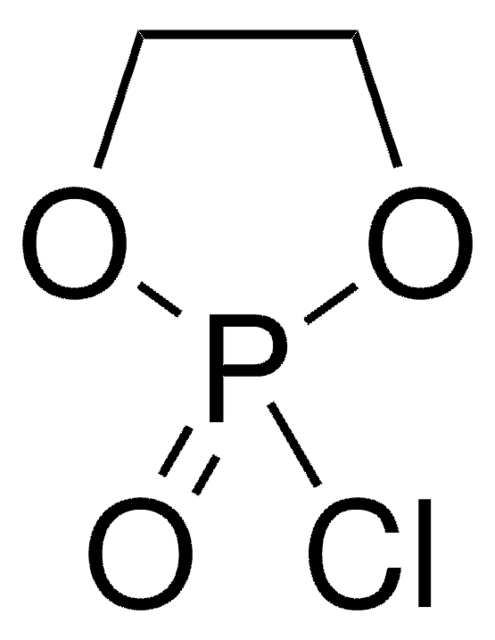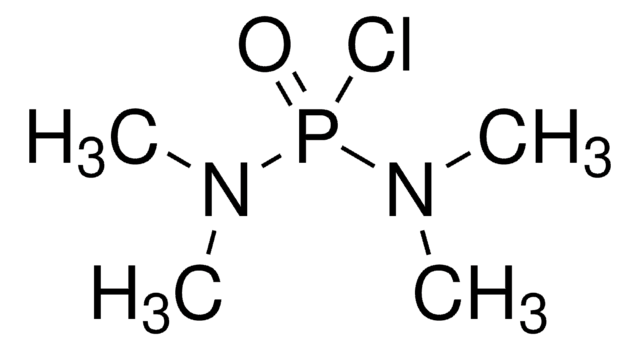437891
Dimethyl chlorophosphate
96%
Synonyme(s) :
Dimethyl phosphorochloridate
About This Item
Produits recommandés
Niveau de qualité
Pureté
96%
Forme
liquid
Indice de réfraction
n20/D 1.413 (lit.)
Point d'ébullition
80 °C/25 mmHg (lit.)
Densité
1.34 g/mL at 25 °C (lit.)
Chaîne SMILES
COP(Cl)(=O)OC
InChI
1S/C2H6ClO3P/c1-5-7(3,4)6-2/h1-2H3
Clé InChI
NGFFLHMFSINFGB-UHFFFAOYSA-N
Application
Mention d'avertissement
Danger
Mentions de danger
Classification des risques
Acute Tox. 2 Dermal - Acute Tox. 2 Inhalation - Acute Tox. 2 Oral - Eye Dam. 1 - Skin Corr. 1B
Code de la classe de stockage
6.1A - Combustible acute toxic Cat. 1 and 2 / very toxic hazardous materials
Classe de danger pour l'eau (WGK)
WGK 3
Point d'éclair (°F)
235.4 °F - closed cup
Point d'éclair (°C)
113 °C - closed cup
Équipement de protection individuelle
Faceshields, Gloves, Goggles, type ABEK (EN14387) respirator filter
Faites votre choix parmi les versions les plus récentes :
Déjà en possession de ce produit ?
Retrouvez la documentation relative aux produits que vous avez récemment achetés dans la Bibliothèque de documents.
Les clients ont également consulté
Notre équipe de scientifiques dispose d'une expérience dans tous les secteurs de la recherche, notamment en sciences de la vie, science des matériaux, synthèse chimique, chromatographie, analyse et dans de nombreux autres domaines..
Contacter notre Service technique